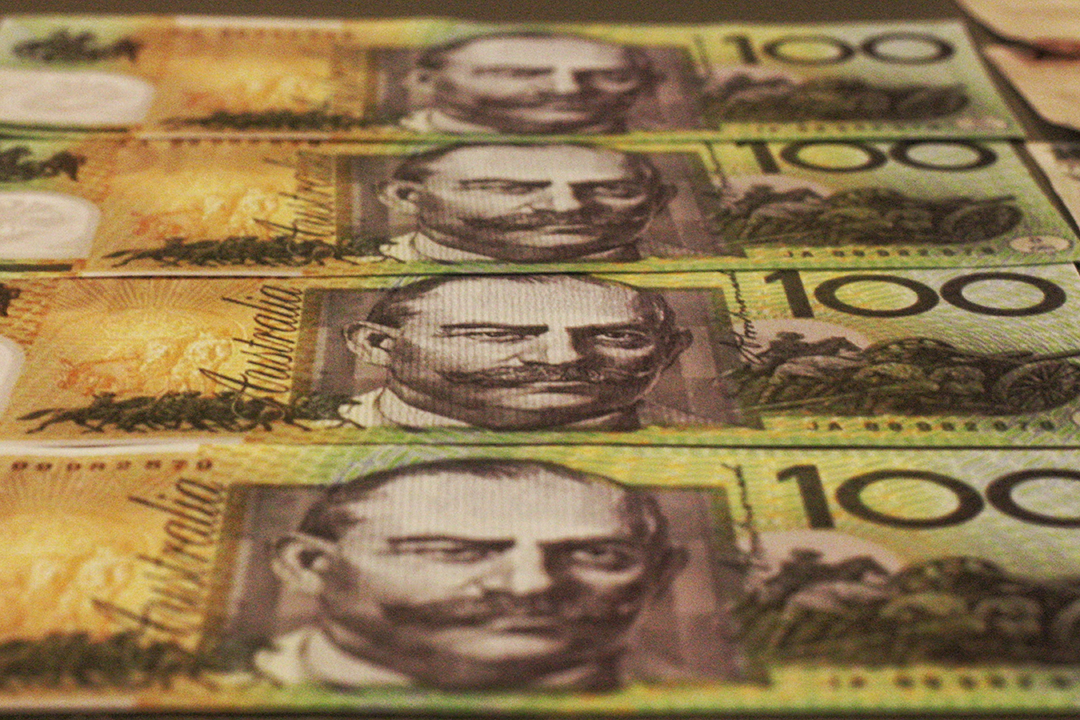

Last night at the AmCham awards, which celebrated some of our potentially great new age businesses in artificial intelligence, space, the digital economy and so on, a leading business figure asked me what I thought was going on in the economy? And he quickly threw in, “Is it as bad as some reports suggest?”
I got the feeling he sees more positivity in his very wide exposure to lots of businesses. In fact, his name is Paul Nicolaou, and he’s the executive director of Business Sydney, which has a lot of business founders, managers and CEOs as his members.
My answer was that the RBA and Treasury have growth falling below 2% next year and seven rate rises have to be hurting those with variable rate mortgages and anyone who drives a lot each week because of petrol prices. That said, I also added that the RBA and Treasury aren’t the world’s greatest forecasters and looking at some recent economic data, I’m starting to suspect that Dr Phil Lowe should be thinking about holding fire on his expected December rate rise.
He might have to if the less reliable monthly inflation readings from the ABS show prices are on the slide. Economists, including Dr Phil, would rather see the December quarter inflation number but that doesn’t come out until January 25, so the central bank head honcho might take a punt and raise rates one more time in December. But that could be the last, if recent confidence surveys remain so worrying.
The AFR yesterday reported the following:
1. Consumer sentiment from the ANZ-Roy Morgan survey dropped 1.5% last week to be down 10.4% over the past six weeks.
2. The Westpac-Melbourne Institute monthly survey dropped almost 7% since it was last published for September, and that’s huge!
3. That survey found that about 40% of people plan to cut Christmas spending — the worst since 2009, which was just after the GFC took stocks down 50% and unemployment hit close to 6%.
4. Westpac’s chief economist Bill Evans said these are ‘historic lows” for consumer confidence and proposed spending.
5. This is what the Head of Economics at ANZ, David Plank said: “Consumer concerns about the economy are reflected in the ‘economic conditions next year’ sub-index, which has dropped seven times over the past nine weeks for a total decline of 17 per cent.”
6. NAB’s survey of business confidence fell from 4.5 to 0.2 index points but happily, the survey generally reported lower cost pressures.
Also on a positive note, the NAB business conditions reading eased from a 15-month high of 23.3 points to 21.9 in October. This means business is yet to go really negative about the future, but if consumers really cut back on spending, especially over Christmas, then by early 2023 business will be joining consumers in the growing pity party.
Seven rate rises in a row is big and you have to remember that monetary policy like this works with a lag. The transmission mechanism that takes an interest rate rise from the RBA and then to the banks and after they hike rates, the hurt spreads to consumers’ bank accounts, their cash in their purses and wallets, ultimately affecting the sales and profits of businesses. And if the hit is big with 40% of consumers planning to ‘scrooge’ their Christmas present outlays, then business will think about unloading staff after Christmas.
That’s why Dr Phil needs to be careful with his future interest rate rises and this from Bill Evans can’t easily be ignored on the 40% cutback by consumers: “We need to go back to the deep recession in the early 1990s to find a weaker read.”
The early 1990s was a big bad recession where unemployment went to 11% plus. That’s why Dr Phil has to be careful about the tough medicine he’s dishing out to those with home loans in particular.
I remain hopeful that our economy isn’t “F’d”, as some ‘experts’ have speculated, and can grow faster than 2% next year. However, if the RBA goes too hard on interest rates, I will be wrong and Dr Phil, and possibly Albo, will be as unpopular as President Joe Biden, who’s expected to be caned in today’s mid-term election, with the cost of living being a big issue for US voters.